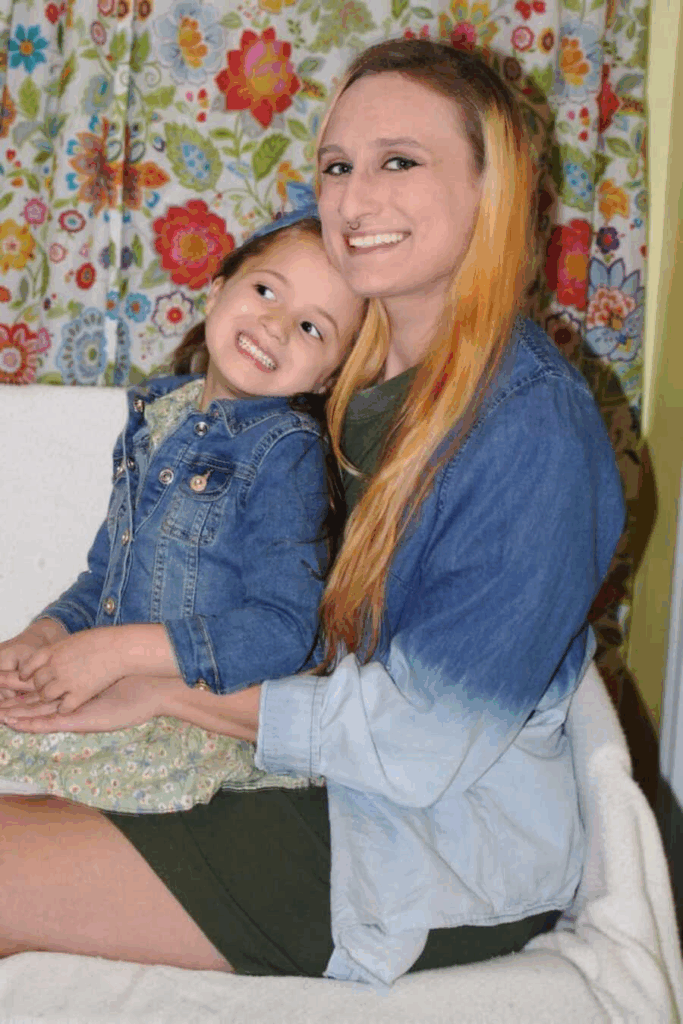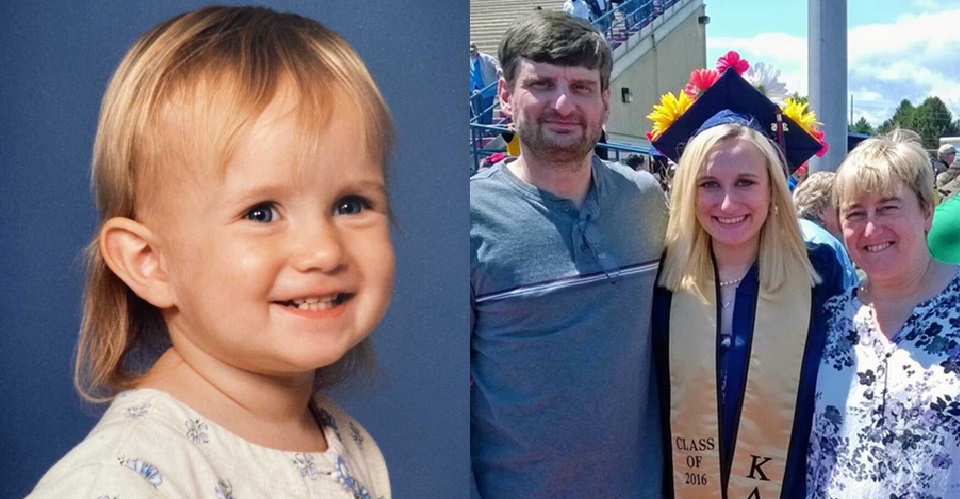She used to drink to disappear; now she speaks up so others can find their way back. She doesn’t tell her story as a single tragedy. There wasn’t one moment that “made” her drink. It was a slow mix of tough genes, hard feelings, and no healthy coping. In the end, she had to choose: be a mother or keep drinking the poison that was taking over her life. She grew up in a small Pennsylvania town, close to family, with parents who loved each other deeply. Her dad got sober after his own struggles and stayed that way for 21 years. She knew recovery was real, even if she’d never seen his drinking.
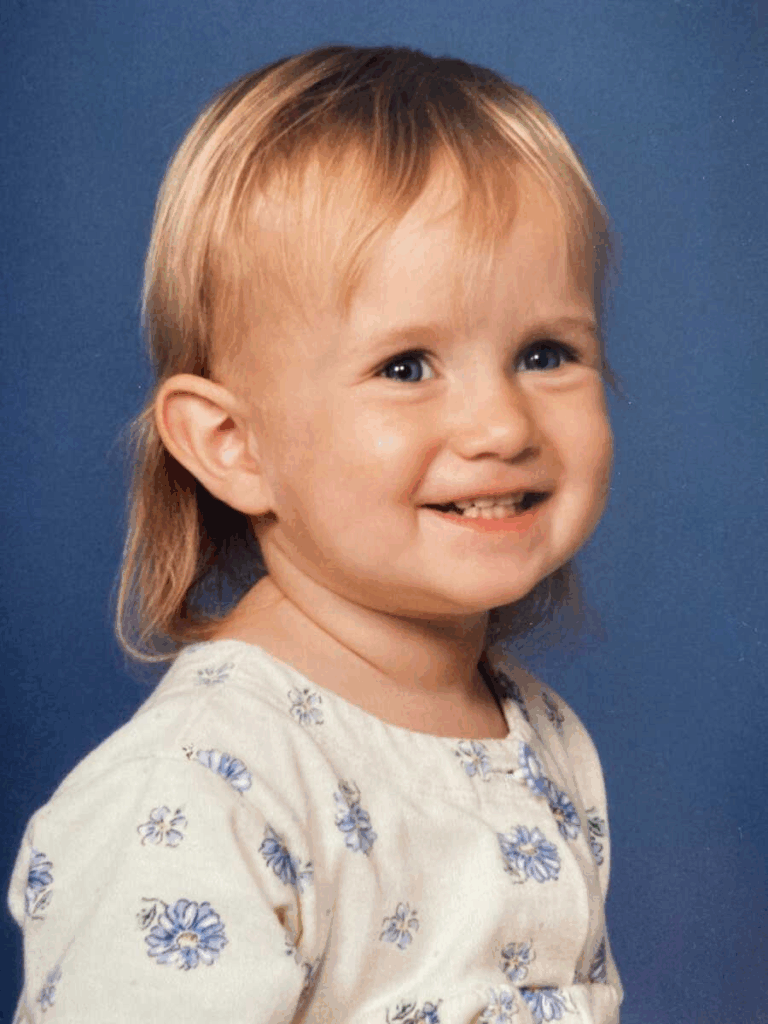
Both he and she lived with anxiety. Before he was treated, he could be sharp and impatient, and one careless comment made her feel replaceable. When he got help, she learned mental health care works, and she never stopped loving or respecting him. In their community, alcohol was regular. Stories about underage partying were told with a laugh. At 13, after an uncle died, she tasted alcohol for the first time, just a bit of vodka-soaked watermelon. It felt like joining the world adults lived in.
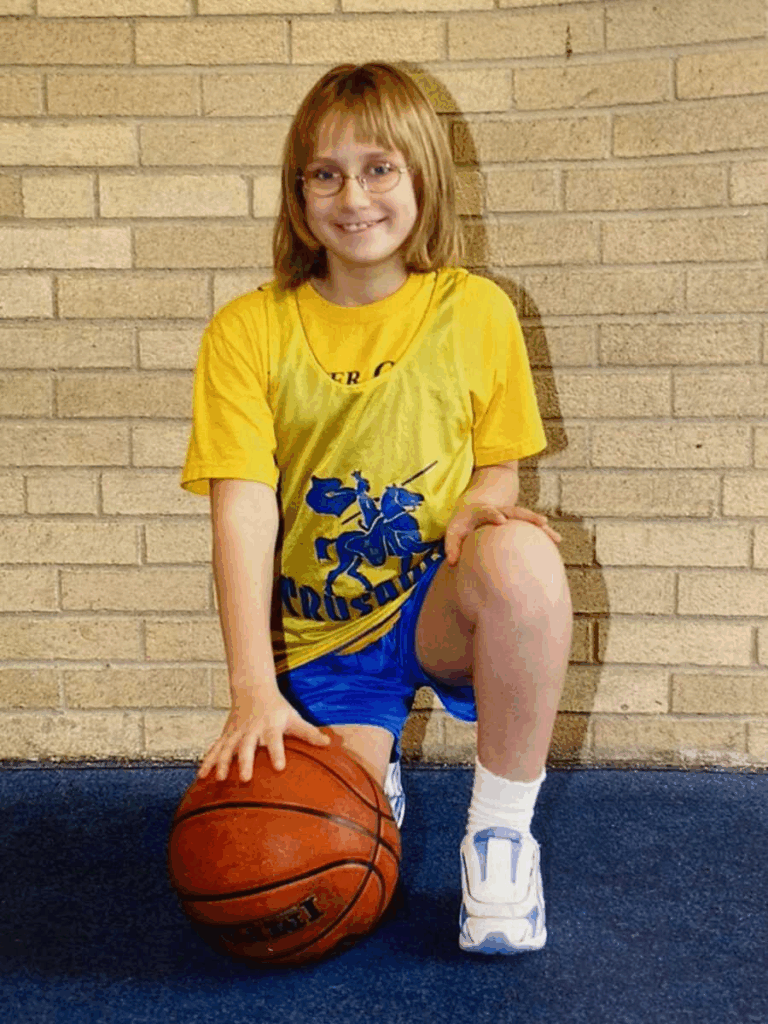
High school made her anxiety and sadness bigger. She had friends, but felt like the joke, not the guest. She craved love and tried to become someone anyone would want. The loneliness turned into self-harm, and she hid. When she told her mom about the feelings (not the injuries), it got chalked up to hormones, so she assumed most girls must feel this way too. At 15, she started dating a bassist who quickly controlled everything. Nights without sleep, panic, threats, and manipulation, he turned his fears into her guilt. He isolated her and crossed sexual boundaries, insisting pain meant she no longer loved him. She lived in fear.
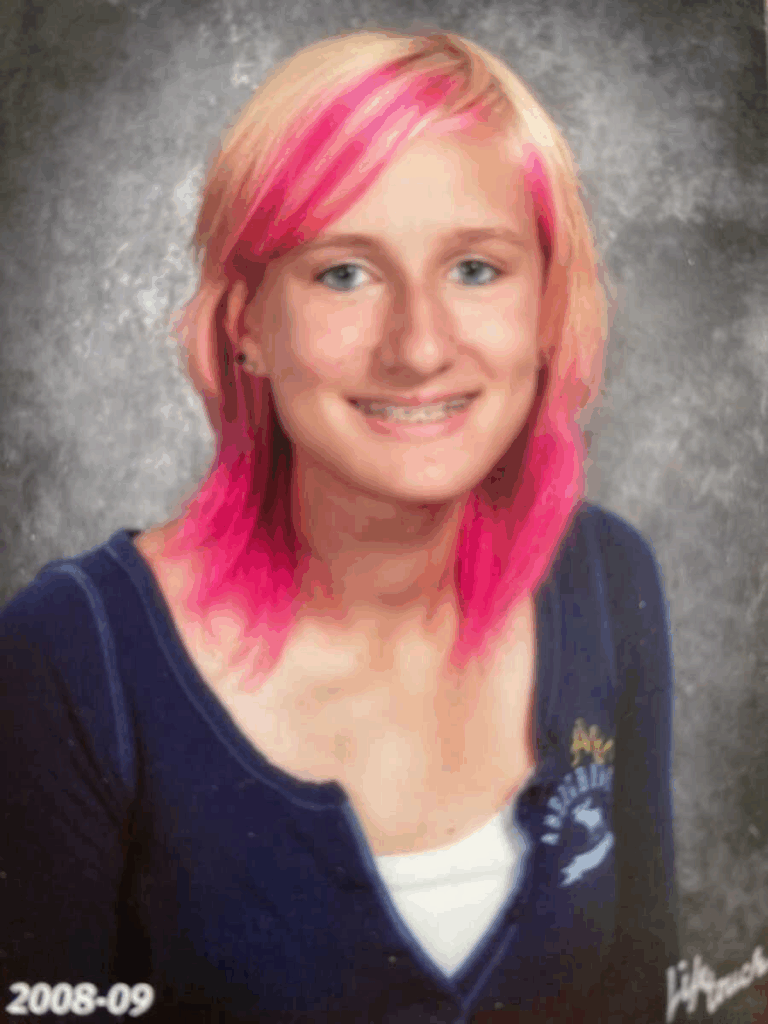
College felt like an escape. She made friends, went out, and noticed that drinking quieted the constant worry. A citation slowed her briefly, then weekends blurred into most days. Anti-anxiety meds plus alcohol led to blackouts. She got kicked out of parties, wandered around looking for the next one, and put herself in danger. Some men took advantage. Her grades fell. When she wasn’t drinking, she snorted Adderall and then almost anything. She barely graduated.
At 20, a new neighbor became her partner. They moved in together, and she became pregnant. She quit everything and felt whole for the first time. Their daughter was born with gastroschisis and spent a month in the NICU. Alone at night with an empty crib, she returned to beer. Life looked normal from the outside: a small house, a young family, but alcohol was back.

Before their daughter turned three, her partner came out as a woman. She wanted to explore life as her true self, including dating men. The relationship shifted, and so did the drinking. Self-harm returned. Friends found her wandering, blacked out. COVID locked them in, and she watched her partner fall in love with someone else. She felt like she was holding everyone’s lives together with a shaky hand and a bottle.
She knew she had a problem. She could rarely go two days without alcohol. She rushed bedtime so she could drink, forgot her child in the tub, woke up on the floor, and counted empty bottles. Then she started huffing keyboard cleaner and even crashed her car. She begged any god to either end the craving or end her life. Her mother-in-law saw the state of the house and gave her a hard line: get help or lose time alone with her daughter. She said, “Help me.” Two days later, she was in detox, then rehab.
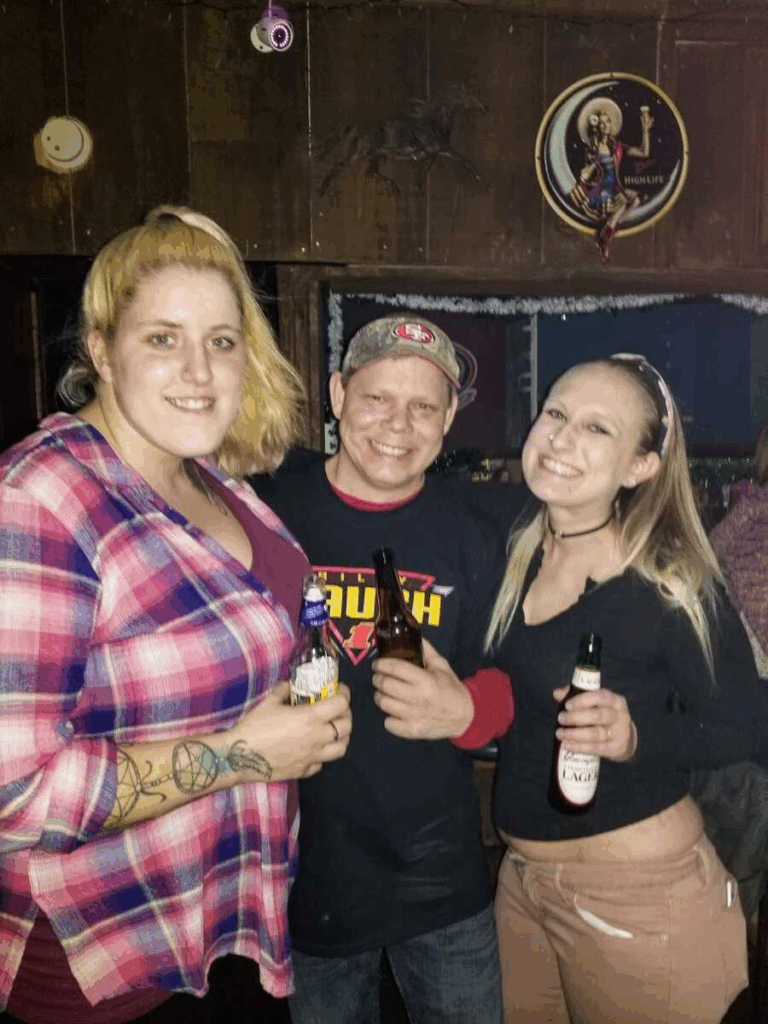
Rehab gave her more than “don’t drink.” It gave her tools, language, and a peer group. After 32 days, she moved in with her parents, focused on her daughter, and rebuilt. She became an office manager at a home healthcare agency, trusted, sober, and early to rise. She has her own car, remembers birthdays, and shares holidays with people who want her there.
She now talks about recovery as openly as she once drank. Posting her journey has brought quiet sufferers to her inbox. She’s helped friends find treatment and pick books. She’s met people who have long been sober and once felt like her. That knowledge that her voice helps others makes her feel alive.
